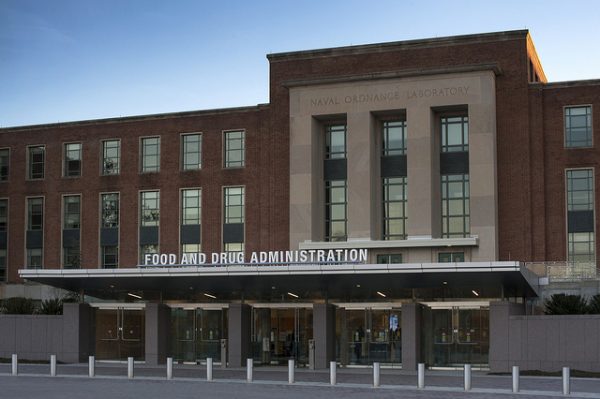
The Food and Drug Administration has placed a clinical hold on the trial of an “off-the-shelf” CAR-T cell therapy following a patient death.
Paris-based Cellectis said Monday that the FDA had placed the hold on its Phase I MELANI-01 study of the allogeneic CAR-T therapy UCARTCS1A in patients with multiple myeloma. The study started in November 2019 and is enrolling up to 18 subjects.

With the Rise of AI, What IP Disputes in Healthcare Are Likely to Emerge?
Munck Wilson Mandala Partner Greg Howison shared his perspective on some of the legal ramifications around AI, IP, connected devices and the data they generate, in response to emailed questions.
Cellectis said that a patient in the trial who had received numerous prior lines of therapy, including autologous CAR-T cells, experienced cardiac arrest and died. The company said the death is being evaluated.
Shares of the company were down 16% on the Nasdaq by late morning Tuesday following the news. Cellectis has two other clinical trials of allogeneic CAR-Ts: AMELI-01, evaluating UCART123 in acute myeloid leukemia, and BALLI-01, evaluating UCART22 in acute lympoblastic leukemia.
“We share the FDA’s commitment to safety and are working collaboratively with the agency and the investigators to resolve this clinical hold,” Cellectis chief medical officer Carrie Brownstein said in a statement. “The safety of patients enrolled in our clinical trials is our utmost priority, and we at Cellectis remain committed to safely resuming the clinical development of [the] UCART product candidate targeting CS1 for patients with multiple myeloma and unmet medical need.”
The company said the patient who died had been enrolled at dose level 2, and before the hold was placed, it had already decided to expand enrollment in the study at the lower dose level 1, which may end up being the recommended dose of the CAR-T for Phase II development.
Allogeneic, or off-the-shelf CAR-Ts are made using donor cells. They stand in contrast with autologous CAR-Ts, which are made using patients’ own T cells. Both of the CAR-Ts that currently have FDA approval, Novartis’ Kymriah (tisagenlecleucel) and Gilead Sciences’ Yescarta (axicabtagene ciloleucel), are autologous. The three leading CAR-T product candidates for multiple myeloma – bluebird bio and Bristol-Myers Squibb’s idecabtagene vicleucel, BMS’ orvacabtagene autoleucel and Johnson & Johnson’s JNJ-4528 – are also autologous therapies. Whereas UCARTCS1A targets the antigen CS1, the autologous CAR-Ts all target BCMA.
Photo: FDA, Flickr (free of copyright protection)














